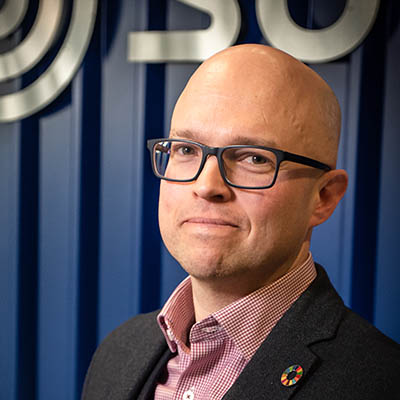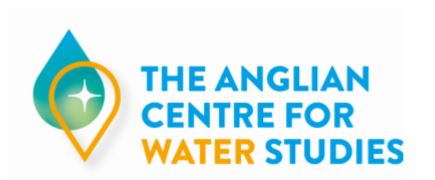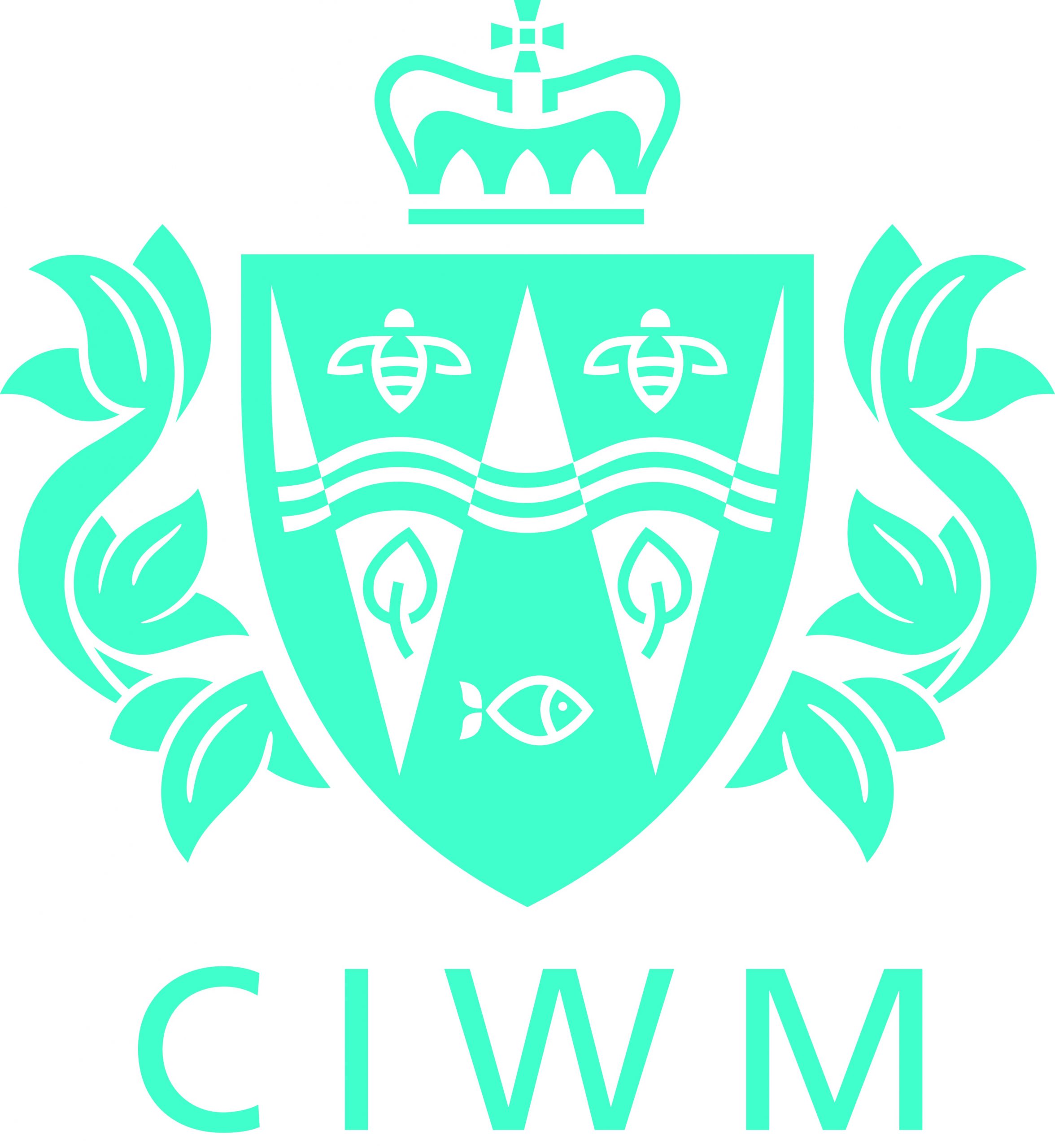Could sector collaboration be the key to driving environmental behavioural change?

Public engagement needs a boost
Influencing public behaviour, in both the waste and water sectors, has been an important activity for many for decades, but with varying levels of success. With austerity shrinking communications and education budgets across both sectors, and all actors, in recent years, activities to influence and reinforce desired environmental behaviours have been dwindling.
Now, with climate emergencies, COVID-19 and a general re-engagement with local communities in particular, public interest in the environment is higher than ever. There has never been a better time to grab the public’s attention and encourage long lasting behaviour change. In particular, “hidden” behaviours at home need to be influenced, in order to help protect the environment. A group of behaviour change practitioners from a spectrum of leading companies and trade bodies including Anglian Water, the CIWM, REA, Aqua Enviro and SUEZ recycling and recovery UK, decided it was time to seize the day and bring like-minded people from each of our respective networks together. They collaborated on a virtual behaviour change summit to share their experiences and explore ways of learning and supporting one another.
The summit
The first of a series of behaviour change summits, took place at the end of May 2020, with over 25 leading behaviour change practitioners ‘virtually’ attending from the two sectors. Professor Guy Robinson from the University of Adelaide began the summit with an overview of how recycling behaviours have changed since the mid-1990s in the UK. After this overview, Gareth Morton (Eunomia) and Sadie Westwood (Red23), presented insights and shared their own campaign experiences. Following the presentations, breakout groups began to give an opportunity for all delegates to discuss the challenges they were facing, and opportunities for the future. For instance, collaboration in terms of public environmental engagement and, more importantly, embedded behavioural change.
Key messages
During the breakout discussions, fundamental challenges emerged, which were faced by both waste and water sectors. These included, proving the value of investment in behavioural change campaigns to loosen the purse strings of the budget holders and also collecting valuable data in the most resource efficient way. After all, nobody wants to pay more for the monitoring than the intervention activity itself.
However, a more concerning issue in driving behaviour change programmes, was the ongoing loss of experience and expertise from shrinking teams in both local authorities and water companies. Furthermore, a lack of understanding of behaviour change as a discipline by senior decision makers was highlighted. This has resulted in ill-designed, cheap and ineffective campaigns being used, undermining the work of true behavioural specialists.
With delegates actively presenting examples of success in overcoming these challenges, it became clear that by sharing best practices, we could collaboratively address these hurdles. Building up knowledge, data and case studies, enables us to build up an effective and engaging business case and the repositioning of behaviour change as a core component of service delivery across both sectors.
Opportunities
Ideas for the potential opportunities that could be worth further exploration flowed quickly, with a strong level of support for future cross-sector collaboration. There were suggestions on how this could look in practice, such as sharing communication messages on each other’s social media and communication networks. Further ideas included developing specific projects with joint messages such as focusing on cooking oil recycling and recovery, and also amplifying examples of where collaboration is already working. One example of this is refuse collection vehicles being fitted with water meter reading technology to enable multiple engagements at a household level when passing.
The event couldn’t finish without a mention of the current COVID-19 pandemic, and the sweeping changes in behaviour that we’ve all seen and experienced. The group agreed that this was a potentially great opportunity to reaffirm and encourage many of the positive environmental behaviours we have adopted to remain. The pandemic also provides an opportunity to build on the obvious re-engagement with the environment that many residents have achieved in recent weeks.
The breakout discussions concluded with the notion that the building blocks are now firmly in place to create ways for collaborative thinking and delivery in terms of environmental behavioural change. As such, the advisory group will be creating a new platform to enable the sharing of ideas and experiences. This will also investigate regional joint delivery, and new models of funding these types of intervention. Join our discussions and look out for more details on future events, the platform, and the case studies of successes delivered to date.
The presentation slides and a summary of the breakout group feedback can be found below.
Contacts:
Adam Read, SUEZ recycling and recovery UK: [email protected]
Tina Benfield, CIWM: [email protected]
Vittoria Danino, Anglian Water: [email protected]
The Multi-sector behavioural change waste summit, on 19 May 2020 was in collaboration with:
 |
 |
 |
 |
